
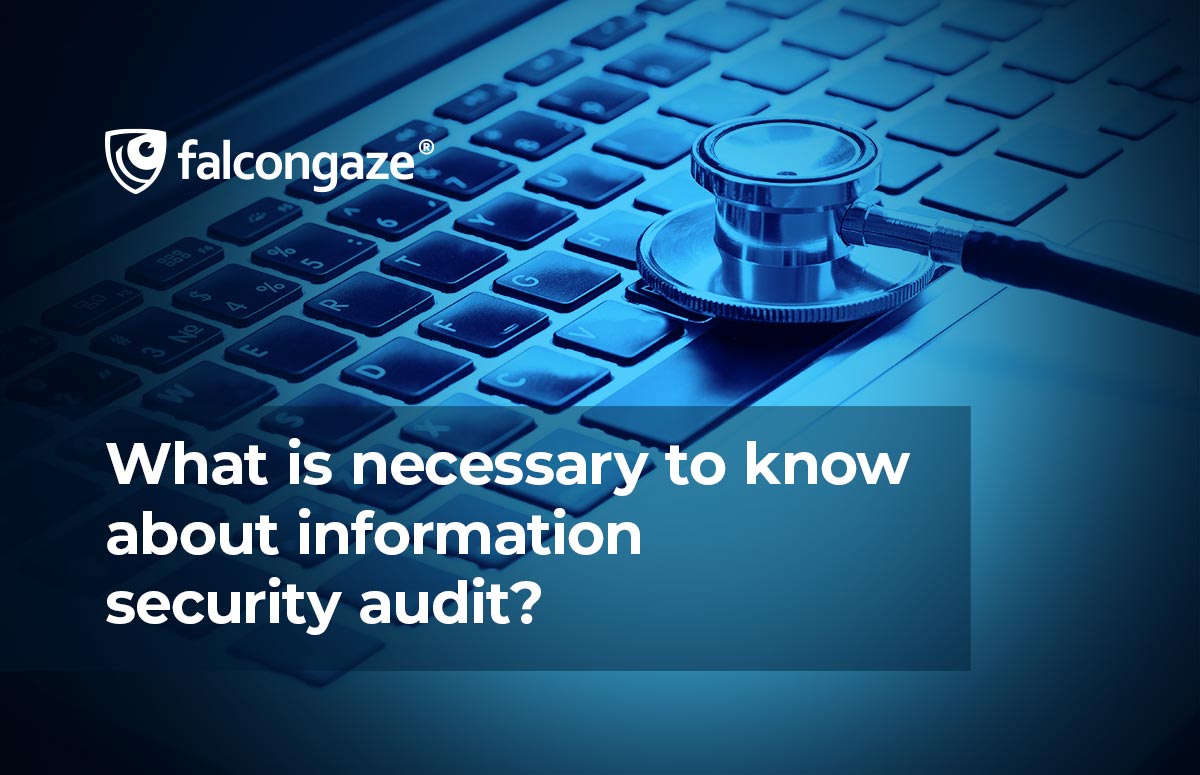
What is necessary to know about information security audit?
When it concerns cybersecurity, it is better to listen to experts. Of course, a company can hire a full-time specialist in information security, but the organizations that provide services of audit are more experienced at protecting IT-systems from inside and outside threats. It doesn’t mean that the company shouldn’t hire a staff member. But it is worth auditing all systems. The company can overlook something or it even can be unaware of existence of some vulnerabilities in software that it uses.
Information security audit is a current IT-infrastructure condition protection assessment for presence of potentially threats and vulnerabilities. All companies that have their own web-site, collect and process personal data, use online payment technology etc. need to audit their systems from time to time. It is necessary not only for major companies but also for those who wants to minimize the risk of data leakage or system breaches.
Why is it important to audit your systems?
Every day there is news about data leakages or system breaches – it can be the answer to the question why is it important to audit IT-systems. Besides the company will discover what network segments are likely to be breached, the company will:
- Learn the relevance of current cybersecurity;
- Get rid of unwanted software if discovered;
- Get the estimation of efficiency of its cybersecurity trainings or a list of recommendations for planning them;
- Get recommendations for enhancing its cybersecurity.
What kinds of audit are there?
- Penetration test. Specialists use the penetration test to breach into IT-systems of a customer with their consent. This creates real conditions to discover bags in security. Testers can use all methods that hackers have at their disposal. However, unlike hackers, they don’t damage systems, they just note how they managed to breach into systems and recommend how to fix it.
- Assessment. Specialists evaluate systems against certain criteria. These criteria are usually determined by a customer, but the experience and knowledge of the auditing company are also necessary.
- Compliance audit. Specialists evaluate IT-infrastructure condition for compliance to standards requirements. Having done such an audit, the company usually get a certificate that confirms the level of cybersecurity. It helps to enhance the reputation in the eyes of potential clients.
What are the stages of the audit?
There are several stages to audit the company’s information security:
- Preparatory stage. This is the stage to define the object of the audit: what exactly does the company want to audit. For example, the audit can be done for business processes, manage systems, technical systems etc. Besides, on this stage, the criteria, methods, and tools of audit are defined.
- Main stage. This is the stage of the audit. It must be noticed that specialists are not limited to testing just computer systems. They can also review the documentation, infrastructure, and software that the company uses. Besides, the testers review the way the staff work, how they operate with sensitive data, what is regulatory frameworks that defines sensitive data, how the access to data is organized, how the company protects its systems and devices from outside cyberattacks etc. Everything is under reviewing: from facilities to operating systems. All data are registered and evaluated.
- Final stage. The company providing auditing services prepares summary report with results of its investigation. In this document, auditors usually describe activities carried out, point out vulnerabilities discovered, evaluate risks related to them, and recommend how to fix them. If you follow all instructions, then you can enhance the level of the information security of your business.

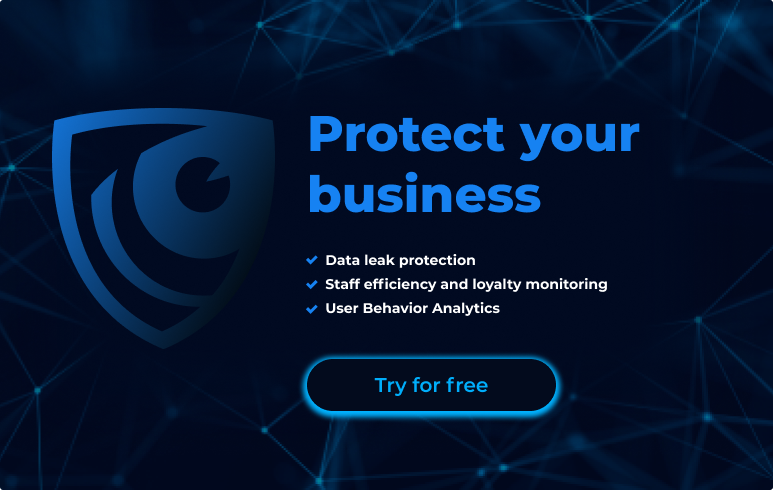
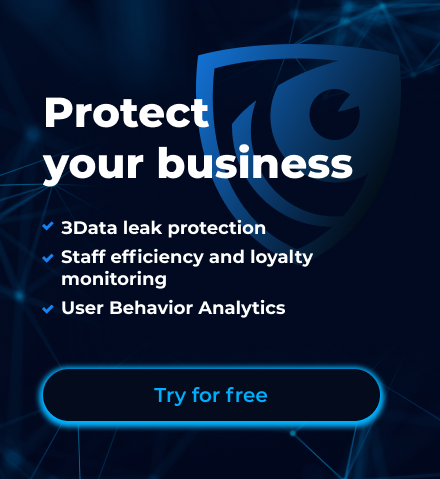
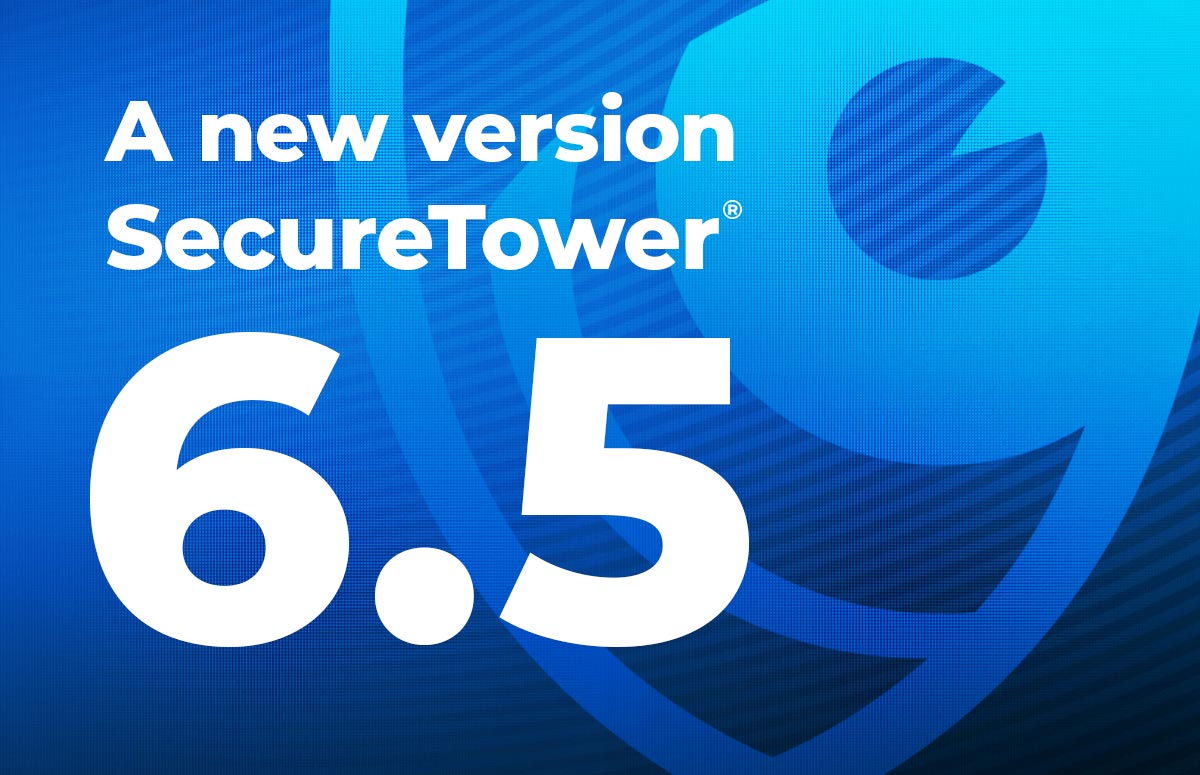


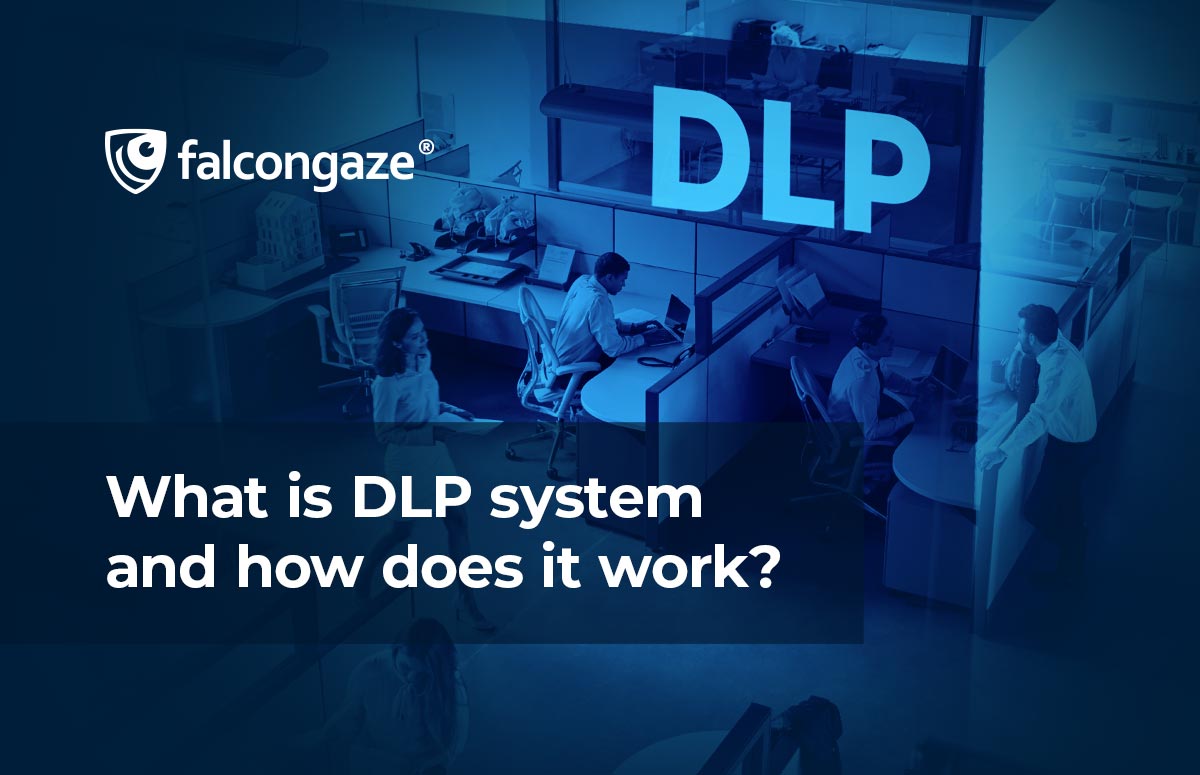
.png)





